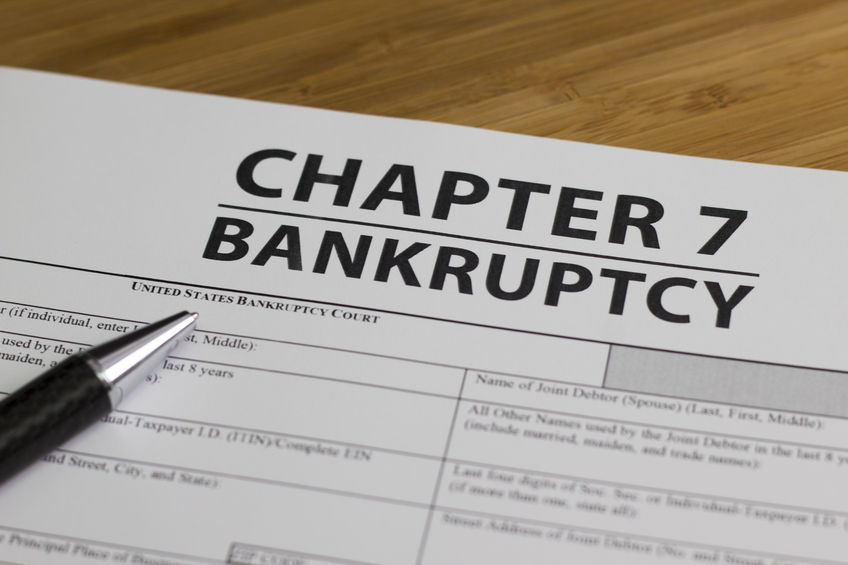 Do you feel like you just can’t keep up financially? Are you living paycheck to paycheck and barely making minimum payments, or are you living off credit cards?
Do you feel like you just can’t keep up financially? Are you living paycheck to paycheck and barely making minimum payments, or are you living off credit cards?
Bankruptcy is usually a last resort for most people or businesses. However, in some situations, it is the best option available to get back on one’s feet and move forward. An experienced bankruptcy attorney can assist with the decision-making process.
How do I know if I should file bankruptcy and do I need a bankruptcy attorney?
If you are being called by bill collectors daily or don’t even know how much you owe anymore, then contacting a bankruptcy attorney could be beneficial for you. If you feel hopeless or you are struggling to sort your finances, talking to a qualified bankruptcy attorney can help you get your life back on track.
Financial experts agree that loss of employment and medical expenses are the main reasons people consider filing bankruptcy. Often the two go hand in hand, as having health issues can affect your ability to work. So whether you are unable to work and have to quit, or you are terminated from your position, you may find yourself in serious trouble.
Other reasons people consider filing for bankruptcy include getting a divorce, being in danger of losing a home due to foreclosure, or being sued by creditors for debt payments. Allowing a bankruptcy attorney to represent you is the best way to navigate the legal waters surrounding filing.
There are several types of bankruptcy, but two chapters are the most common; Chapter 7 and Chapter 13. There are pros and cons to each, and varying factors will determine which one you are eligible to file for. A bankruptcy attorney can help guide you through the process.
Chapter 7
Chapter 7 is for people who are just unable to pay their bills. It allows you to begin over, with a clean slate and no unsecured debt, in the form of medical bills, credit cards, cash advances, and many more. Some things are not allowed to be discharged, such as taxes, child support, criminal fines, or student loans.
You can file Chapter 7 whether you are single or married, a business owner or involved in a partnership or a corporation. There are some requirements of those who file, such as meeting certain criteria and attend approved credit counseling.
The Chapter 7 process can take several months, but when it is over the debtor no longer owes any unsecured debts. Your bankruptcy attorney will work on your behalf to discharge as much of your debt as legally possible.
Chapter 13
Essentially, in a Chapter 13 filing, the person gets to keep their property, not just certain items as determined by the state. They will repay a percentage of their debt determined feasible by the courts.
This is known as an “Adjustment of Debt” plan, and the debtor is ordered to make partial payments over the course of several years. When the plan is complete, the bankruptcy is discharged.
In order to file for Chapter 13, you must be able to work to make payments. This type of bankruptcy allows you to work with the creditors to come up with a plan to help you get back on top of your finances. Being represented by a bankruptcy attorney is the best way to effectively get out of debt.
What is the main difference between Chapters 7 and 13?
Chapter 7 bankruptcy remains on your credit report for 10 years, while Chapter 13 remains on your credit report for 7 years. Both types will influence your credit score, but it is not possible to determine ahead of time exactly by how much it will be affected.
Consulting with a bankruptcy attorney before you file for bankruptcy is critical. Be sure you’re talking to the most qualified and experienced attorney in West Jordan, Utah and contact the Law Offices of Ryan E. Simpson to find out if filing bankruptcy is the best option for you.

